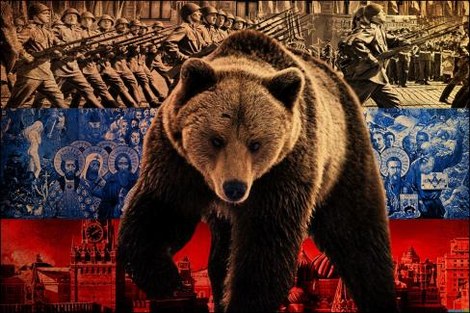The workshop 'Russia: What kind of Power' is organized by the Ghent University Russia Platform and the University of Tartu. It seeks to offer a platform for interdisciplinary discussions around different conceptualizations of power in the domestic and foreign relations of contemporary Russia.
Given the multiple research questions that the COVID-19 pandemic and crisis have opened up in relation to Russia’s power, the call for papers now also welcomes papers that deal with topics relating to the effects and implications of the current pandemic and crisis for Russia’s power, such as the new understanding of hybrid threats, Russian ‘health diplomacy’, disintegrative trends in the EU and the Eurasian Economic Union, COVID-19’s impact on the situation in eastern Ukraine, domestic decentralization within Russia and the new situation for Russophone communities in the Baltic states.
The workshop is an extension of the annual colloquium of the Ghent Russia Platform and invites scholars affiliated with U4Society/ENLIGHT to participate in interdisciplinary discussions around different conceptualizations of power under Putin’s rule, a topic that in January 2020 was re-actualized by the changes in Russian Constitution and the reshuffle in the government. Costs of participation of scholars from the U4Society universities will be covered by the respective U4Society funding channels. Paper-givers from Russian universities who do not have access to funding opportunities can apply to Ghent University’s Russia Platform for a reimbursement of their travel expenses.
Individual contributions (max. 150 words) and proposals for chaired panels (with chair’s name, affiliation and e-mail address, panel abstract of max. 150 words, and names and affiliation of max. 4 paper-givers) can be sent to
The deadline for submissions has been extended to 30 June 2020. More info:https://www.ugent.be/russiaplatform/en/colloquium
In case the workshop cannot take place physically due to the travel and other restrictions in place to contain the COVID-19 pandemic, a digital format will be organized and the workshop will be turned into a series of webinars.


